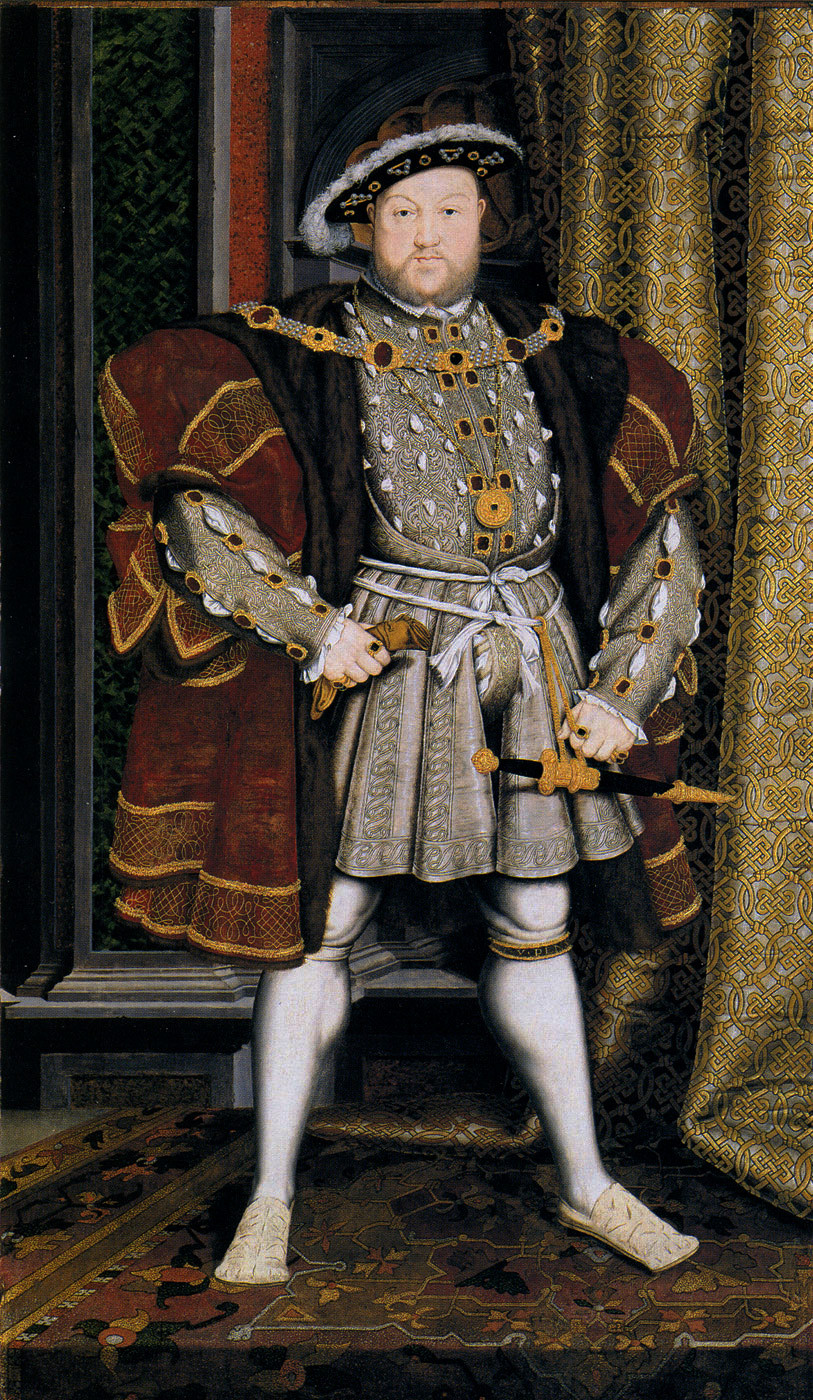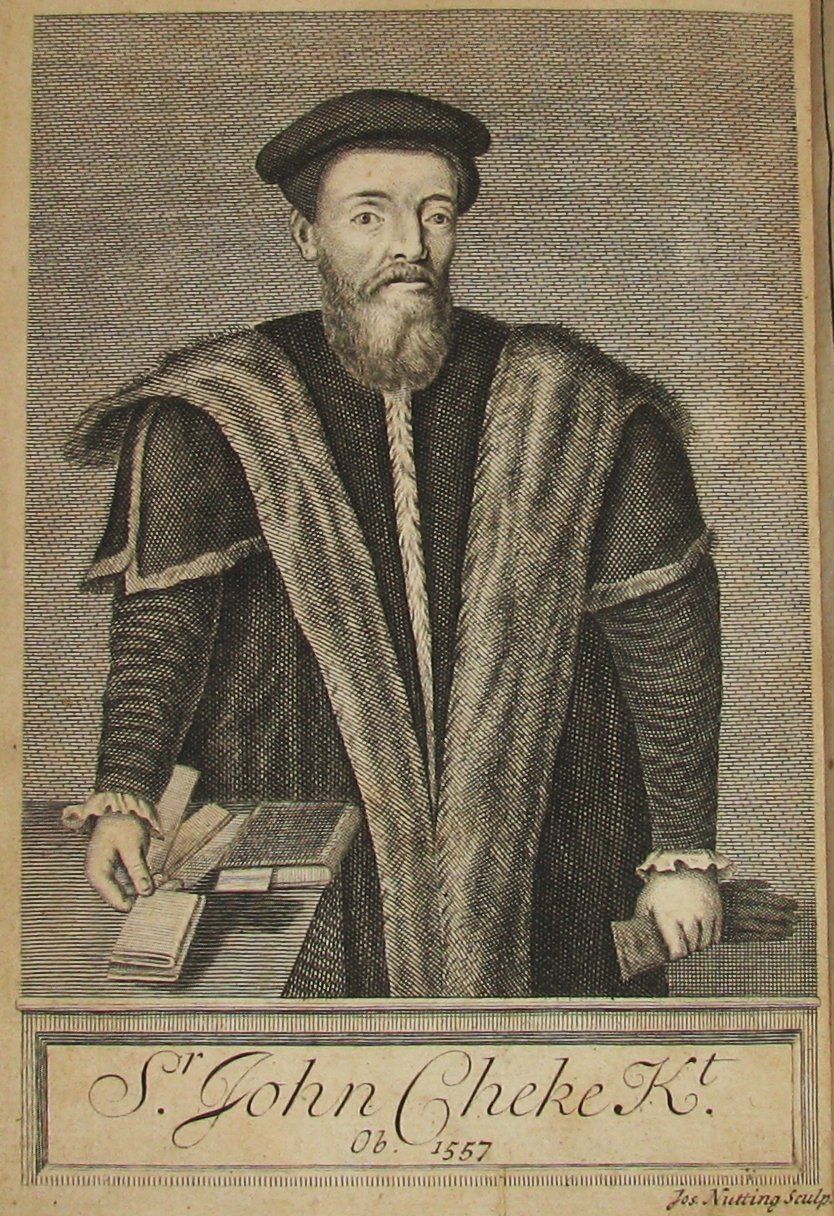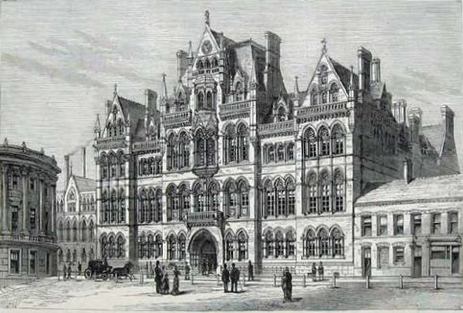|
Toxophilus
''Toxophilus'' is a book about longbow archery by Roger Ascham Roger Ascham (; c. 151530 December 1568)"Ascham, Roger" in ''The New Encyclopædia Britannica''. Chicago: Encyclopædia Britannica Inc., 15th edn., 1992, Vol. 1, p. 617. was an English scholar and didactic writer, famous for his prose style, h ..., first published in London in 1545. Dedicated to King Henry VIII, it is the first book on archery written in English. Ascham was a keen archer and a lecturer at St John's College, Cambridge, and wrote ''Toxophilus or the Schole or Partitions of Shooting'' to defend archery against claims that it was a sport unbefitting a scholar. ''Toxophilus'' is written in the form of a dialogue between two characters, Philologus ("a lover of study") and Toxophilus ("a lover of the bow"), who is also a scholar and defends archery as a noble pastime. Ascham prefixed his work with an elaborate dedication to Henry VIII, who approved of the book and granted Ascham a pension of £10 a y ... [...More Info...] [...Related Items...] OR: [Wikipedia] [Google] [Baidu] |
Roger Ascham
Roger Ascham (; c. 151530 December 1568)"Ascham, Roger" in ''The New Encyclopædia Britannica''. Chicago: Encyclopædia Britannica Inc., 15th edn., 1992, Vol. 1, p. 617. was an English scholar and didactic writer, famous for his prose style, his promotion of the vernacular, and his theories of education. He served in the administrations of Edward VI, Mary I, and Elizabeth I, having earlier acted as Elizabeth's tutor in Greek and Latin between 1548 and 1550. Early life Ascham was born at Kirby Wiske, a village in the North Riding of Yorkshire, near Northallerton, the third son of John Ascham, steward to Baron Scrope of Bolton. The name Ascham is derived from Askham near York."Ascham, Roger" in ''Oxford Dictionary of National Biography''. 1st edn. 2004. His mother, Margaret, is said to have come from the Conyers family, but this is speculation. Thomas and John were Roger's two elder brothers, while Anthony Ascham was the youngest son of the Ascham family. The authority for thi ... [...More Info...] [...Related Items...] OR: [Wikipedia] [Google] [Baidu] |
Archery
Archery is the sport, practice, or skill of using a bow to shoot arrows.Paterson ''Encyclopaedia of Archery'' p. 17 The word comes from the Latin ''arcus'', meaning bow. Historically, archery has been used for hunting and combat. In modern times, it is mainly a competitive sport and recreational activity. A person who practices archery is typically called an archer, bowman, or toxophilite. History Origins and ancient archery The oldest known evidence of the bow and arrow comes from South African sites such as Sibudu Cave, where the remains of bone and stone arrowheads have been found dating approximately 72,000 to 60,000 years ago.Backwell L, d'Errico F, Wadley L.(2008). Middle Stone Age bone tools from the Howiesons Poort layers, Sibudu Cave, South Africa. Journal of Archaeological Science, 35:1566–1580. Backwell L, Bradfield J, Carlson KJ, Jashashvili T, Wadley L, d'Errico F.(2018). The antiquity of bow-and-arrow technology: evidence from Middle Stone Age layers ... [...More Info...] [...Related Items...] OR: [Wikipedia] [Google] [Baidu] |
John Cheke
Sir John Cheke (or Cheek) (16 June 1514 – 13 September 1557) was an English classical scholar and statesman. One of the foremost teachers of his age, and the first Regius Professor of Greek at the University of Cambridge, he played a great part in the revival of Greek learning in England. He was tutor to Prince Edward, the future King Edward VI, and also sometimes to Elizabeth I of England, Princess Elizabeth. Of strongly Reformist sympathy in religious affairs, his public career as provost of King's College, Cambridge, Member of Parliament and briefly as Secretary of State during King Edward's reign was brought to a close by the accession of Mary I of England, Queen Mary in 1553. He went into voluntary exile abroad, at first under royal licence (which he overstayed). He was captured and imprisoned in 1556, and recanted his faith to avoid death by burning. He died not long afterward, reportedly regretting his decision. Origins and earlier career The Cheke or Cheeke family i ... [...More Info...] [...Related Items...] OR: [Wikipedia] [Google] [Baidu] |
The Archer's Craft
''The Archer's Craft'' (, first published in 1951) by A. E. Hodgkin is a book on the making and use of traditional English and Welsh bows. The book describes how to make both longbows and short hunting bows and arrows. It also describes hunting with the bow and on its history and place in English culture of the yeoman class and royal mandates. It draws inspiration and often quotes from the 16th century ''Toxophilus'' written by Roger Ascham Roger Ascham (; c. 151530 December 1568)"Ascham, Roger" in ''The New Encyclopædia Britannica''. Chicago: Encyclopædia Britannica Inc., 15th edn., 1992, Vol. 1, p. 617. was an English scholar and didactic writer, famous for his prose style, h .... 1951 non-fiction books Books about sports English-language books History of archery Faber and Faber books {{archery-stub ... [...More Info...] [...Related Items...] OR: [Wikipedia] [Google] [Baidu] |
16th Century In Literature
This article presents lists of literary events and publications in the 16th century. Events 1501 **Italic type (cut by Francesco Griffo) is first used by Aldus Manutius at the Aldine Press in Venice, in an octavo edition of Virgil's ''Aeneid''. He also publishes an edition of Petrarch's ''Le cose volgari'' and first adopts his dolphin and anchor device. 1502 **Aldine Press editions appear of Dante's ''Divine Comedy'', Herodotus's ''Histories'' and Sophocles. 1507 **King James IV grants a patent for the first printing press in Scotland to Walter Chapman and Andrew Myllar. 1508 **April 4 – John Lydgate's ''The Complaint of the Black Knight'' becomes the first book printed in Scotland. **The earliest known printed edition of the chivalric romance '' Amadis de Gaula'', as edited and expanded by Garci Rodríguez de Montalvo, is published in Castilian at Zaragoza. **Elia Levita completes writing the ''Bovo-Bukh''. 1509 **Desiderius Erasmus writes ''The Praise of Folly'' while stayi ... [...More Info...] [...Related Items...] OR: [Wikipedia] [Google] [Baidu] |
Longbow
A longbow (known as warbow in its time, in contrast to a hunting bow) is a type of tall bow that makes a fairly long draw possible. A longbow is not significantly recurved. Its limbs are relatively narrow and are circular or D-shaped in cross section. Flatbows can be just as long, but in cross-section, a flatbow has limbs that are approximately rectangular. Longbows for hunting and warfare have been made from many different woods in many cultures; in Europe they date from the Paleolithic era and, since the Bronze Age, were made mainly from yew, or from wych elm if yew was unavailable. The historical longbow was a self bow made of a single piece of wood, but modern longbows may also be made from modern materials or by gluing different timbers together. History Europe A longbow was found in 1991 in the Ötztal Alps with a natural mummy known as Ötzi. His bow was made from yew and was long; the body has been dated to around 3300 BC. A slightly shorter bow comes from the Sc ... [...More Info...] [...Related Items...] OR: [Wikipedia] [Google] [Baidu] |
Edward Arber
Edward Arber (4 December 183623 November 1912) was an English scholar, writer, and editor. Background and professional work Arber was born in London. From 1854 he 1878 he worked as a clerk in the Admiralty, and began evening classes at King's College London in 1858. From 1878 to 1881 he studied English literature, under Henry Morley, at University College London; and from 1881 to 1894 he was professor of English at Mason College (which later became Birmingham University). From 1894 he lived in London as emeritus professor, being also a fellow of King's College London. In 1905 he received the honorary degree of D. Litt. from the University of Oxford. He married in 1869, and had two sons, one of whom, E. A. N. Arber, became demonstrator in palaeobotany at the University of Cambridge. Scholarly edits As a scholarly editor, Arber made notable contributions to English literature. His name is associated particularly with the series of " English Reprints" (1868–1871), by which a ... [...More Info...] [...Related Items...] OR: [Wikipedia] [Google] [Baidu] |
Books About Sports
A book is a medium for recording information in the form of writing or images, typically composed of many page (paper), pages (made of papyrus, parchment, vellum, or paper) bookbinding, bound together and protected by a book cover, cover. The technical term for this physical arrangement is ''codex'' (plural, ''codices''). In the history of hand-held physical supports for extended written compositions or records, the codex replaces its predecessor, the scroll. A single sheet in a codex is a Recto, leaf and each side of a leaf is a page (paper), page. As an intellectual object, a book is prototypically a composition of such great length that it takes a considerable investment of time to compose and still considered as an investment of time to read. In a restricted sense, a book is a self-sufficient section or part of a longer composition, a usage reflecting that, in antiquity, long works had to be written on several scrolls and each scroll had to be identified by the book it co ... [...More Info...] [...Related Items...] OR: [Wikipedia] [Google] [Baidu] |
1545 Books
Year 1545 ( MDXLV) was a common year starting on Thursday (link will display the full calendar) of the Julian calendar. Events January–June * February 22 – A firman of the Ottoman Empire is issued for the dethronement of Radu Paisie as Prince of Wallachia. * February 27 – Battle of Ancrum Moor: The Scots are victorious over numerically superior English forces. * March 24 – At a diet in Worms, Germany, summoned by Pope Paul III, the German Protestant princes demand a national religious settlement for Germany. Holy Roman Emperor, Charles V refuses. *April 1 – Potosí is founded by the Spanish as a mining town after the discovery of huge silver deposits in this area of modern-day Bolivia. Silver mined from Huayna Potosí Mountain provides most of the wealth on which the Spanish Empire is based until its fall in the early 19th century. * June 13 – Spanish explorer Yñigo Ortiz de Retez sets out to navigate the northern coast of New Guinea. ... [...More Info...] [...Related Items...] OR: [Wikipedia] [Google] [Baidu] |
Robert Hardy
Timothy Sydney Robert Hardy (29 October 1925 – 3 August 2017) was an English actor who had a long career in theatre, film and television. He began his career as a classical actor and later earned widespread recognition for roles such as Siegfried Farnon in the BBC television series '' All Creatures Great and Small'', Cornelius Fudge in the ''Harry Potter'' film series and Winston Churchill in several productions, beginning with the Southern Television series '' Winston Churchill: The Wilderness Years''. He was nominated for the BAFTA for Best Actor for ''All Creatures Great and Small'' in 1980 and ''Winston Churchill: The Wilderness Years'' in 1982. Aside from acting, Hardy was an acknowledged expert on the medieval English longbow and wrote two books on the subject. Early life Hardy was born in Cheltenham in 1925 to Henry Harrison Hardy, MBE, of Old Farm, Bishop's Cleeve, Tewkesbury, Gloucestershire, and Edith Jocelyn, daughter of Rev. Sydney Dugdale, rector of Whitchurch, ... [...More Info...] [...Related Items...] OR: [Wikipedia] [Google] [Baidu] |
Gervase Markham
Gervase (or Jervis) Markham (ca. 1568 – 3 February 1637) was an English poet and writer. He was best known for his work '' The English Huswife, Containing the Inward and Outward Virtues Which Ought to Be in a Complete Woman'', first published in London in 1615. Life Markham was the third son of Sir Robert Markham of Cotham, Nottinghamshire, and his wife, and was probably born in 1568. He was a soldier of fortune in the Low Countries, and later was a captain under the Earl of Essex's command in Ireland. He was acquainted with Latin and several modern languages, and had an exhaustive practical acquaintance with the arts of forestry and agriculture. He was a noted horse-breeder, and is said to have imported the first Arabian horse to England. Very little is known of the events of his life. The story of the murderous quarrel between Gervase Markham and Sir John Holles related in the ''Biographia'' (s.v. Holles) has been generally connected with him, but in the '' Dictionary of ... [...More Info...] [...Related Items...] OR: [Wikipedia] [Google] [Baidu] |






